Necrospermia is a condition characterized by the presence of sperm that are not moving or are dead. This can significantly impact a man’s ability to father a child, as sperm motility is crucial for fertilization to occur. When sperm are immotile or non-viable, conception may become difficult.
Our specialized team of urologists and reproductive specialists offers comprehensive diagnostic evaluations and personalized treatment plans tailored to each patient’s needs. Through advanced diagnostic techniques and innovative treatment modalities such as assisted reproductive technologies (ART), we aim to address underlying factors contributing to necrospermia and enhance fertility potential. With a focus on compassionate care and cutting-edge medical expertise, we strive to empower individuals facing necrospermia to achieve their reproductive goals and experience the joy of parenthood.
Necrospermia means some or all sperm don’t move, which can happen because they’re either not alive or not able to move. Tests help determine if the sperm are alive but not moving or if they’re dead. Even with this condition, it’s still possible to have a baby using the sperm’s genetic material through advanced medical treatments like IVF or ICSI.
Tests can be conducted to differentiate between non-moving sperm and dead sperm. Understanding the specific nature of the sperm issue can provide valuable insights into potential treatment options and fertility outcomes. With the right diagnosis and guidance from healthcare professionals, it’s possible to explore alternative methods to achieve conception and have a baby genetically related to you.
Necrospermia, often known as dead sperm, refers to a condition where sperm cells fail to move as they should. This can occur due to either immotile sperm or sperm that are deceased. Understanding this distinction is crucial for diagnosis and treatment.
Tests are conducted to differentiate between immotile and dead sperm. These examinations help determine the root cause of the condition. Immotile sperm lack the ability to move but are still alive, while dead sperm have ceased functioning altogether.
Despite the presence of necrospermia, it’s still possible to conceive a child with your genetic material. The focus shifts from sperm mobility to genetic viability. Even if the sperm cells cannot move, they may still contain the necessary genetic material required for fertilization.
For couples facing fertility challenges due to necrospermia, understanding these nuances is essential. It offers hope and reassurance that parenthood is still achievable, albeit through alternative means such as assisted reproductive technologies.
Tests are conducted to distinguish between immotile and dead sperm cells. Immotile sperm lack the ability to move but are still alive and potentially viable for fertilization. Dead sperm, on the other hand, are not only immotile but also non-viable, incapable of fertilizing an egg.
Despite the presence of necrospermia, conception is still possible. If immotile sperm are present, they may still carry the genetic material necessary for fertilization. Therefore, with appropriate medical intervention, such as in vitro fertilization (IVF) or intracytoplasmic sperm injection (ICSI), individuals can still have a baby with their own genetic material.
Necrospermia, a condition marked by immotile or dead sperm, poses challenges to fertility. However, at Guru Hospital, our advanced diagnostic tests and personalized treatment plans offer hope. Through tailored interventions and compassionate care, we address underlying factors and optimize reproductive health. Trust in our expertise and commitment to excellence as we empower individuals with necrospermia to pursue their dreams of parenthood, fostering optimism and resilience on their fertility journey.

